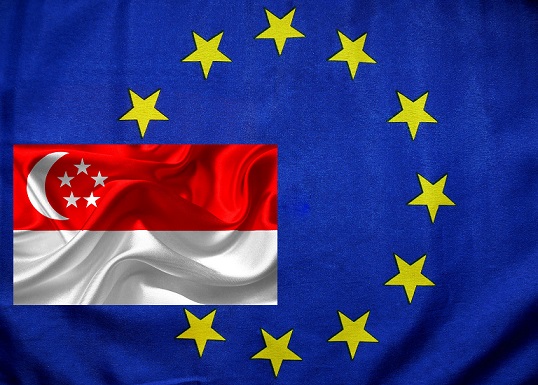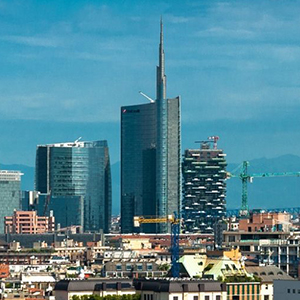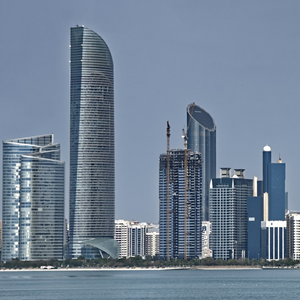

The EUSFTA was signed in October 2018, and approved by the European Parliament in February 2019. In Singapore, it was presented in detail to the public in March 2019 with the release of the Singapore Budget 2019.
Quoting Singapore’s Prime Minister Lee Hsien Loong, the EUSFTA was “launched amid the 2008-2009 global financial crisis, and coming into force in today’s uncertain global economy”.
The agreement is the first between the EU and an Asean (The Association of Southeast Asian Nations) member state.
Singapore, the EU’s third largest services trading partner, is the primary goods trading partner from Asean. Bilateral trade with Singapore exceeded approximately €76 billion (SGD 114 billion) of trade in goods and approximately €53 billion (SGD 79 billion) in services in 2018 alone – of which approximately €33 billion (SGD 49 billion) was exports from Singapore.
Singapore is also the EU’s largest investment destination in Asean and its second-largest in Asia. Singapore’s direct investment in the EU was about SGD 122 billion in 2017 (approximately €81 billion), making it the EU’s seventh-largest foreign investor and its biggest Asean investor. The EU is the largest foreign investor in Singapore, accounting for more than SGD 376 billion (or €251 billion) of foreign direct investment stock in Singapore for year 2017 alone. There were around 14,000 European companies in Singapore as of December last year.
The EUSFTA is the first of trade agreements implemented with Singapore, removing almost all customs duties between the EU and Singapore. The EUSFTA established that Singapore will remove tariffs on all EU products entering Singapore, while the EU will remove tariffs on 84% of all Singapore products entering the EU within the first year (i.e. by 2024), with the remaining 16% to follow over a period of three to five years (i.e. by 2027-2029).
The reduction of tariff and non-tariff barriers under the EUSFTA provides Singapore companies with greater market access to all EU member states. It also contains rules on trade and sustainable development, including the protection of labour rights and the environment. Further, the introduction of the EUSFTA will result in the creation of an “investment court” that will replace the current investment-specific arbitration system in Singapore. This is foreseen to provide Singaporean companies a greater market access to all EU member states. Said investment court will be staffed by EU and Singapore judges as opposed to the original party-appointed arbitrators.
The experiences gained from the EUSFTA will also help guide subsequent rounds of discussions for a trade pact between the EU and Asean, as Singapore hopes that the agreement will eventually lead to an EU-Asean FTA, enhancing region-to-region connectivity between the EU, the world’s largest single market, and Asean, which is slated to become the fourth-largest economic bloc in the world by 2030.








